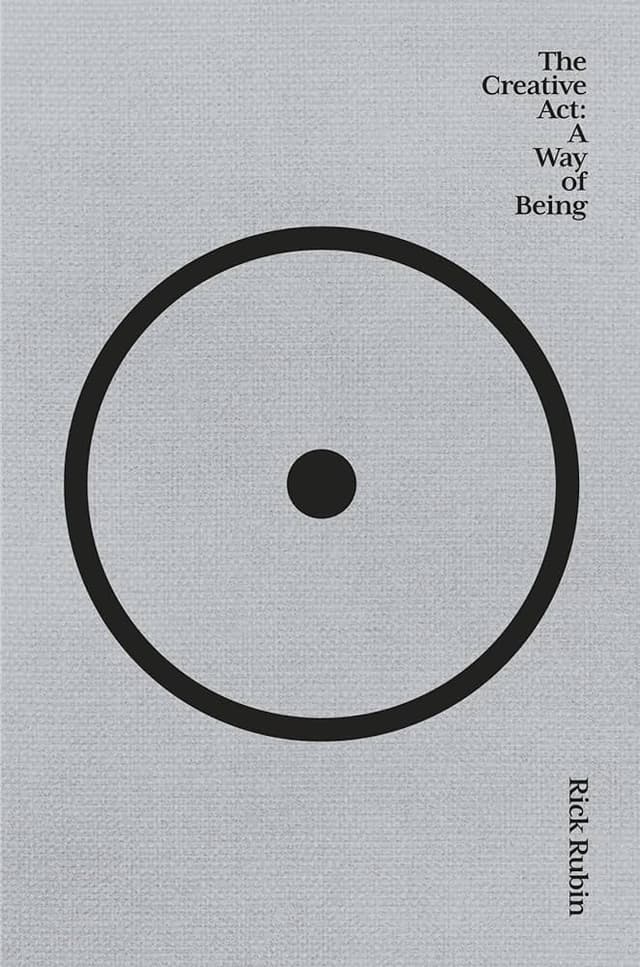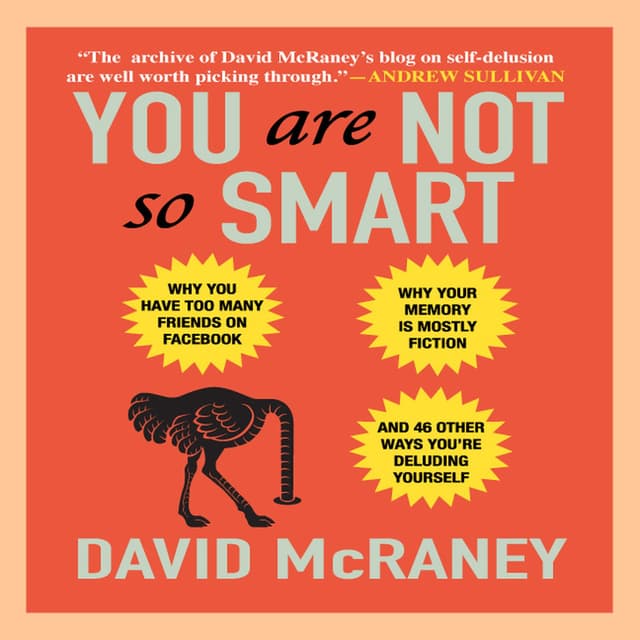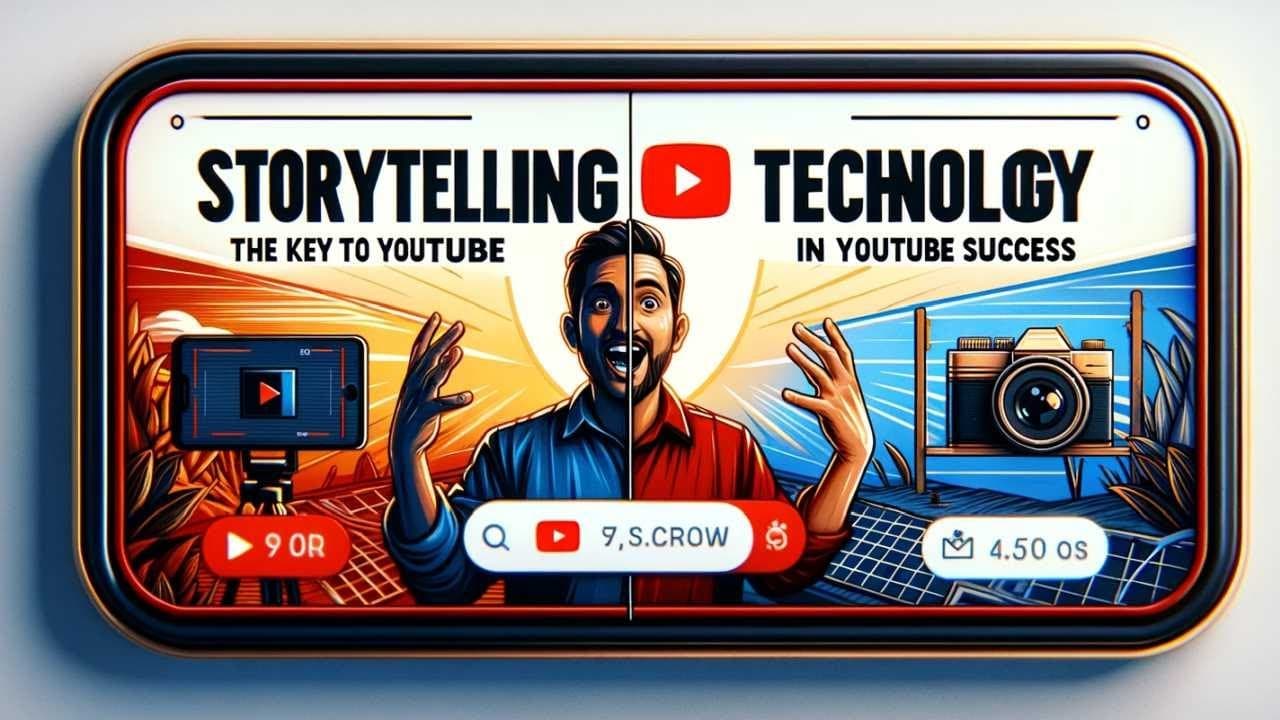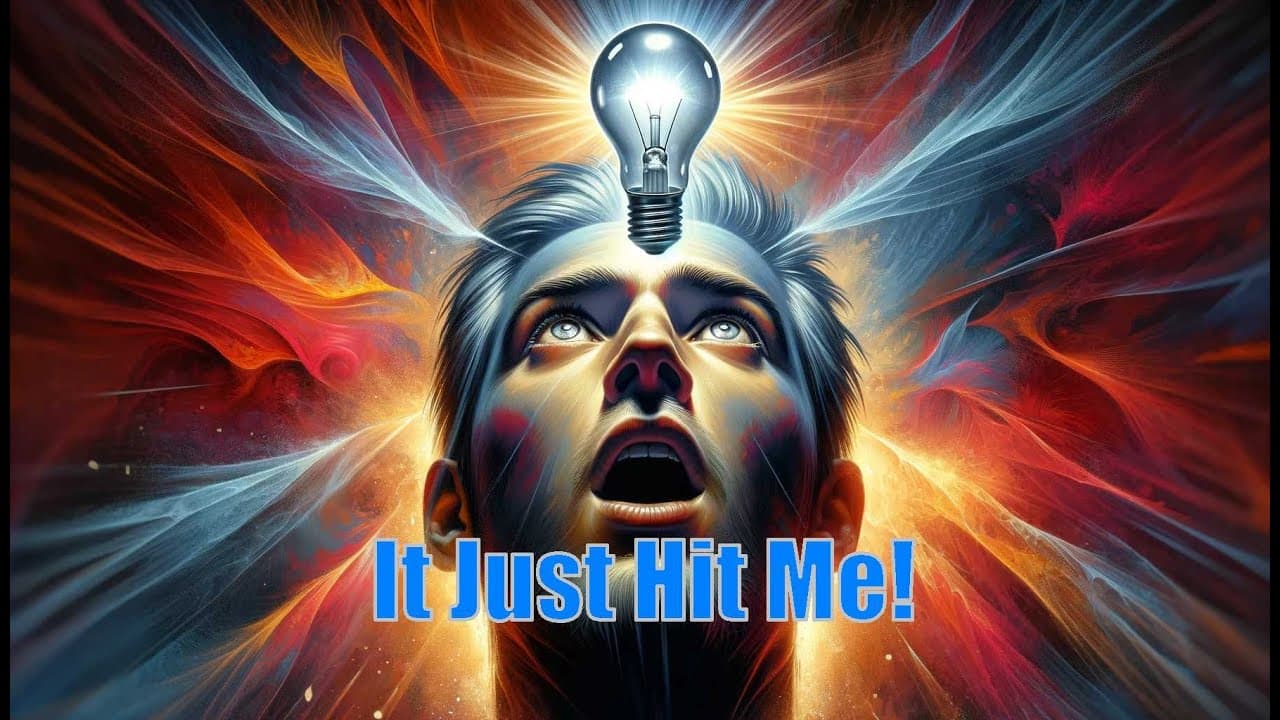The Creative Act vs. YOU are NOT so SMART
The Creative Act
“I set out to write a book about what to do to make a great work of art. Instead, it revealed itself to be a book on how to be.” —Rick Rubin
YOU are NOT so SMART
Finally realize why I'm such dumb *ss
Reviews
Reviews
| Item | Votes | Upvote |
|---|---|---|
| No pros yet, would you like to add one? | ||
| Item | Votes | Upvote |
|---|---|---|
| No cons yet, would you like to add one? | ||
| Item | Votes | Upvote |
|---|---|---|
| No pros yet, would you like to add one? | ||
| Item | Votes | Upvote |
|---|---|---|
| No cons yet, would you like to add one? | ||
Frequently Asked Questions
'YOU are NOT so SMART' by David McRaney focuses on cognitive biases and common misconceptions, providing readers with insights into why they often make irrational decisions. 'The Creative Act' by Rick Rubin, on the other hand, explores the philosophy of creativity and the process of artistic creation. If you are interested in understanding human psychology and decision-making, 'YOU are NOT so SMART' may be more appealing. However, if you are looking for inspiration and guidance on creative processes, 'The Creative Act' would be the better choice.
'YOU are NOT so SMART' by David McRaney is more suitable for understanding human behavior as it delves into cognitive biases and the reasons behind irrational thinking. 'The Creative Act' by Rick Rubin is more focused on the philosophy and process of creativity rather than the specifics of human behavior.
'The Creative Act' by Rick Rubin offers more practical advice for artists as it is specifically aimed at guiding readers through the process of artistic creation and exploring the philosophies that can inspire and sustain creative work. 'YOU are NOT so SMART' by David McRaney, while informative about cognitive biases, does not focus on artistic practice.
'The Creative Act' by Rick Rubin is a book that explores the essence of creativity and being. Initially intended to be a guide on how to create great works of art, it evolved into a broader examination of how to live a creative life. The book delves into the philosophical aspects of creativity, providing insights and reflections on how to harness one's inner creative potential.
Rick Rubin is a renowned music producer and co-founder of Def Jam Recordings. He has worked with a wide array of artists across various genres, including Johnny Cash, Beastie Boys, and Red Hot Chili Peppers. Known for his minimalist production style and profound influence on the music industry, Rubin has also ventured into writing, with 'The Creative Act' being one of his notable works.
'The Creative Act' touches on several key themes, including the nature of creativity, the importance of mindfulness, and the process of artistic expression. Rick Rubin emphasizes the significance of being present and open to inspiration, as well as the value of persistence and authenticity in the creative journey.
As of now, there are no user-generated pros and cons for 'The Creative Act'. However, readers may appreciate its deep philosophical insights and practical advice on creativity. Some may find its abstract nature challenging, depending on their expectations and familiarity with Rubin's style.
'YOU are NOT so SMART' by David McRaney is a book that delves into the common misconceptions and cognitive biases that affect our everyday thinking. It explores why people often overestimate their intelligence and make irrational decisions.
David McRaney is an American journalist, author, and lecturer known for his work on the subject of cognitive psychology. He is best known for his book 'YOU are NOT so SMART' and its subsequent works, which explore the psychology behind human irrationality.
As of now, there are no user-generated pros and cons for 'YOU are NOT so SMART'. Generally, readers appreciate its insightful and humorous approach to cognitive psychology, while some may find its content repetitious or overly simplified.





















